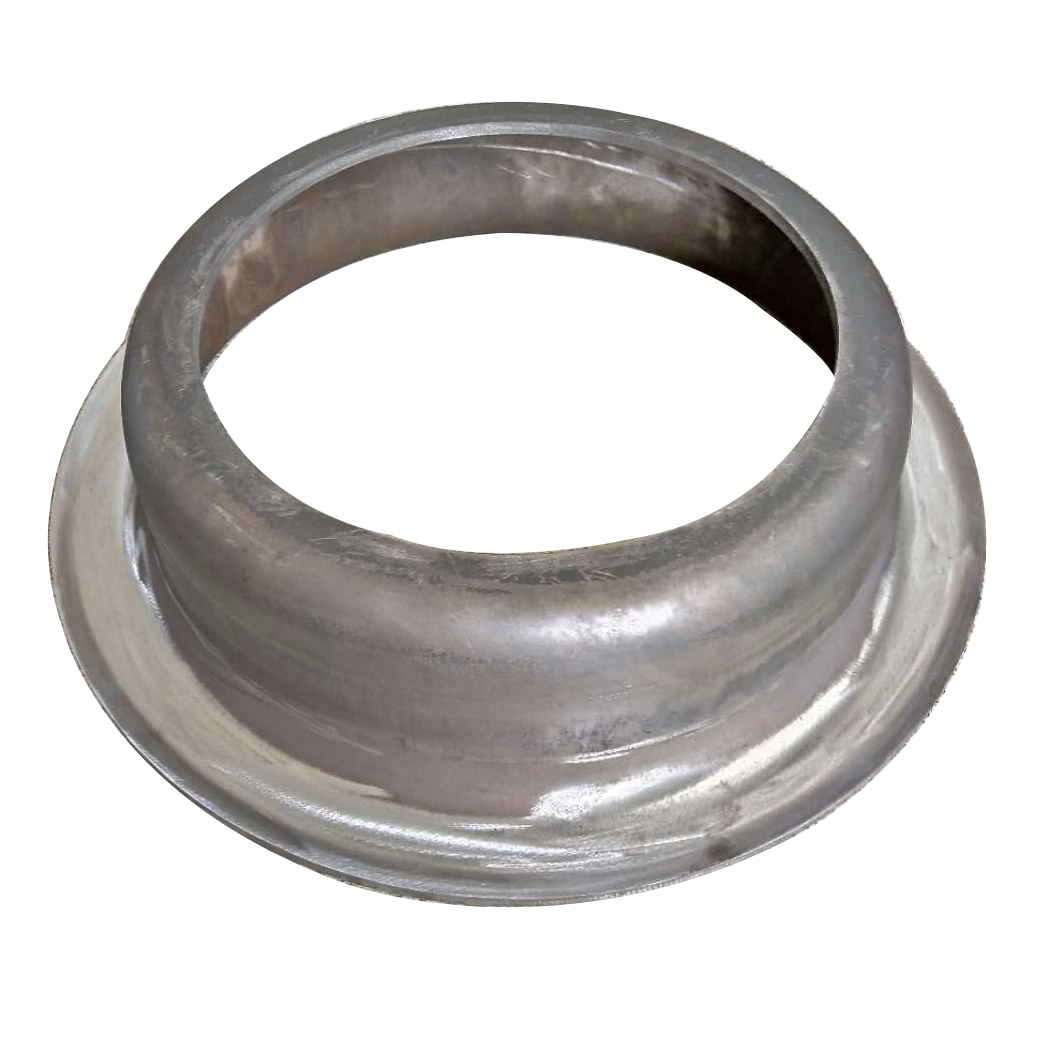- Afrikaans
- Albanian
- Amharic
- Arabic
- Armenian
- Azerbaijani
- Basque
- Belarusian
- Bengali
- Bosnian
- Bulgarian
- Catalan
- Cebuano
- China
- China (Taiwan)
- Corsican
- Croatian
- Czech
- Danish
- Dutch
- English
- Esperanto
- Estonian
- Finnish
- French
- Frisian
- Galician
- Georgian
- German
- Greek
- Gujarati
- Haitian Creole
- hausa
- hawaiian
- Hebrew
- Hindi
- Miao
- Hungarian
- Icelandic
- igbo
- Indonesian
- irish
- Italian
- Japanese
- Javanese
- Kannada
- kazakh
- Khmer
- Rwandese
- Korean
- Kurdish
- Kyrgyz
- Lao
- Latin
- Latvian
- Lithuanian
- Luxembourgish
- Macedonian
- Malgashi
- Malay
- Malayalam
- Maltese
- Maori
- Marathi
- Mongolian
- Myanmar
- Nepali
- Norwegian
- Norwegian
- Occitan
- Pashto
- Persian
- Polish
- Portuguese
- Punjabi
- Romanian
- Russian
- Samoan
- Scottish Gaelic
- Serbian
- Sesotho
- Shona
- Sindhi
- Sinhala
- Slovak
- Slovenian
- Somali
- Spanish
- Sundanese
- Swahili
- Swedish
- Tagalog
- Tajik
- Tamil
- Tatar
- Telugu
- Thai
- Turkish
- Turkmen
- Ukrainian
- Urdu
- Uighur
- Uzbek
- Vietnamese
- Welsh
- Bantu
- Yiddish
- Yoruba
- Zulu
Aug . 05, 2024 14:46 Back to list
Finding Reliable Casting Factories for High-Quality Cast Aluminum Parts Production and Supply
The Significance of Cast Aluminum Parts in Modern Manufacturing A Look into Casting Factories
In today's fast-paced manufacturing sector, the demand for high-performance materials is continually evolving. Among these, cast aluminum parts have gained significant traction due to their lightweight, corrosion-resistant, and high-strength properties. This article explores the importance of casting factories in producing cast aluminum parts and the broader implications for various industries.
The Process of Casting Aluminum Parts
Casting is a manufacturing process where molten metal is poured into a mold and allowed to solidify, taking on the shape of the mold. In the case of aluminum, this process allows for the creation of complex shapes that are often impossible to achieve through traditional machining methods. The casting process can be divided into several types, including sand casting, die casting, and investment casting, each suitable for different applications and production volumes.
1. Sand Casting This is one of the oldest and most versatile casting methods. It involves creating a mold from sand, which is then filled with molten aluminum. Sand casting is ideal for producing small to medium-sized quantities and can accommodate large and intricate designs.
2. Die Casting This method is known for its efficiency and precision. It involves forcing molten aluminum into a steel mold under high pressure. Die casting is especially useful for large production runs due to its ability to produce parts with tight tolerances and better surface finishes.
3. Investment Casting This casting method offers even higher precision and is typically used for creating complex parts where detail is essential. A wax pattern is coated with a ceramic material, baked to harden, and then filled with molten aluminum. This process is more expensive but delivers exceptional accuracy.
Applications of Cast Aluminum Parts
The use of cast aluminum parts spans several industries, including automotive, aerospace, electronics, and consumer goods.
cast aluminum parts casting factories

In the automotive industry, cast aluminum components are crucial for creating lightweight parts that improve fuel efficiency and reduce emissions
. Engine blocks, transmission cases, and suspension components made from aluminum help reduce the overall weight of vehicles while maintaining strength and durability.The aerospace sector also relies heavily on cast aluminum parts for critical components such as brackets, housings, and engine components. The lightweight nature of aluminum contributes to the performance and efficiency of aircraft, making it a favored material in this industry.
In the field of electronics, cast aluminum enclosures provide robust protection for sensitive components against environmental factors while effectively dissipating heat. This is vital for maintaining the performance and longevity of electronic devices.
Consumer goods manufacturers also benefit from the versatility of cast aluminum. Items such as cookware, furniture, and decorative pieces leverage the aesthetic appeal and durability of cast aluminum, making them popular in households worldwide.
The Future of Casting Factories
As industries undergo digital transformation, the role of casting factories is set to evolve. Advances in automation, robotics, and 3D printing technology are paving the way for increased efficiency and customization in the production of cast aluminum parts. Real-time monitoring and data analytics are enabling factories to optimize processes, reduce waste, and enhance product quality.
Moreover, as sustainability becomes a primary concern across sectors, aluminum's recyclability presents a significant opportunity. Casting factories are increasingly adopting green practices by utilizing recycled aluminum, which not only reduces environmental impacts but also lowers production costs.
Conclusion
Casting factories play a pivotal role in the modern manufacturing landscape, particularly in producing cast aluminum parts that meet the demands of various industries. With ongoing advancements in technology and a growing focus on sustainability, cast aluminum components will continue to be integral to innovation and efficiency in manufacturing processes. As we look to the future, the collaboration between casting factories and industries will likely yield new possibilities for lightweight, durable, and eco-friendly products.
-
Premium Cast Iron Water Main Pipe: Durable, Corrosion-Resistant
NewsAug.03,2025
-
Durable Cast Iron Water Mains | AI-Optimized Systems
NewsAug.02,2025
-
High-Efficiency Propane Boiler for Baseboard Heat | Save Energy
NewsAug.01,2025
-
Premium Source Suppliers for Various Gray Iron Castings
NewsJul.31,2025
-
Durable Cast Iron Water Main Pipes | Long-Lasting
NewsJul.31,2025
-
High-Quality Cast Iron Water Main Pipe for Durable Infrastructure
NewsJul.30,2025


